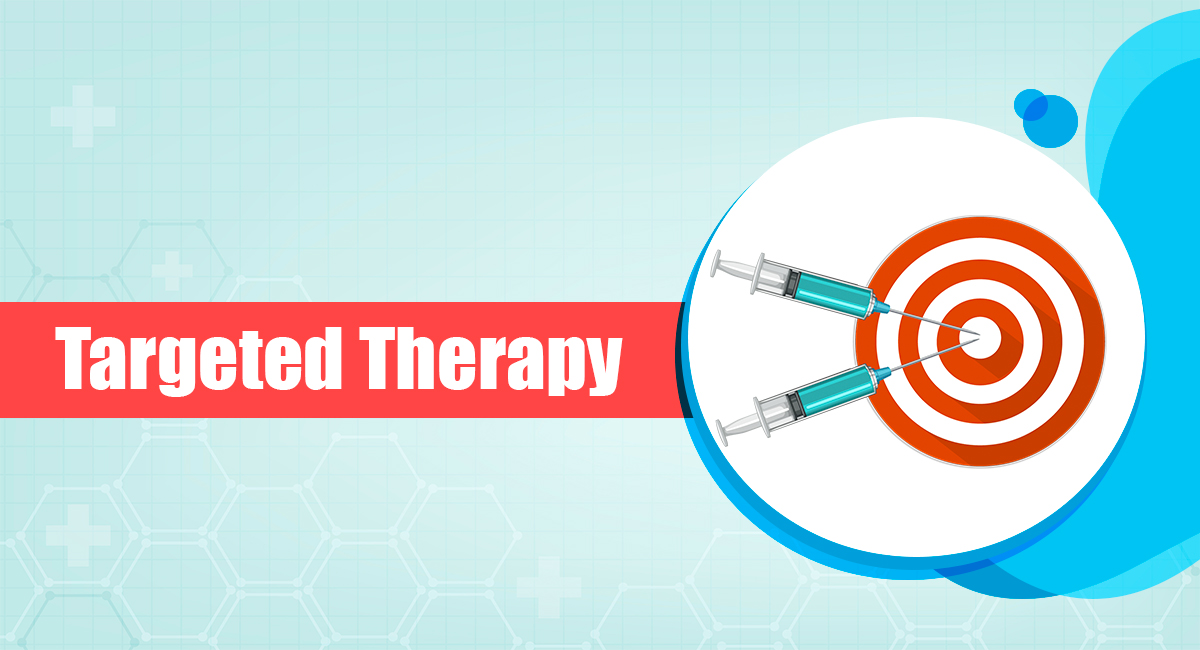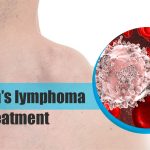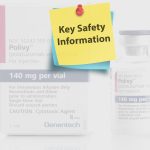Hodgkin lymphoma is a kind of rare but highly curable cancer of the lymph nodes and the lymphatic system. With appropriate treatment, at least 8 out of 10 individuals can be cured. More individuals survive Hodgkin lymphoma (HL) than any other cancer.
Targeted Therapy: Targeted therapy medications attack specific features of cancer cells to halt the cancer growing or to decrease its size. They are sometimes called biologic therapies. The major type of targeted therapy considered to treat lymphoma is antibody therapy, also known as immunotherapy. Antibodies typically are naturally made by WBCs named lymphocytes. They identify and stick to particular proteins on the cell surface that don’t belong in the body, such as viruses or bacteria. Once they have stuck to these proteins, they either destroy the foreign cell directly or help the immune system to pick out and kill or destroy it.
Antibodies that typically stick to proteins on lymphoma cells can be developed in a laboratory. These help chemo to work effectively. Sometimes giving the antibody on its own may be enough to help the body get rid of the lymphoma cells.
A medicine named brentuximab vedotin combines a targeted therapy medication with a chemotherapy drug.
Brentuximab vedotin (Adcetris): In patients with classical Hodgkin lymphoma, the malignant Hodgkin as well as Reed-Sternberg cells express a protein named CD30. It is an anti-CD30 antibody attached to a chemo drug. It binds to cells that are involved in expressing CD30 and then enters the malignant cells. Once inside the malignant cells, it helps in releasing the chemotherapy medicine. In order to target only cells that are involved in expressing CD30, fewer normal cells are harmed.
- Brentuximab vedotin injection, given intravenously (IV), is recommended for the treatment of adult patients with earlier untreated Stage-III/IV classical Hodgkin lymphoma (cHL), along with vinblastine, doxorubicin, and dacarbazine
- Classical Hodgkin lymphoma (cHL) at increased risk of relapse or progression as post-autologous hematopoietic stem cell transplantation (auto-HSCT) consolidation.
- Classical Hodgkin lymphoma (cHL) following failure of auto-HSCT or following failure of at least 2 prior multi-agent chemotherapy regimens, in patients who are not the candidates of auto-HSCT.
- Some other lymphomas with CD30 expression.






